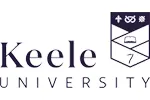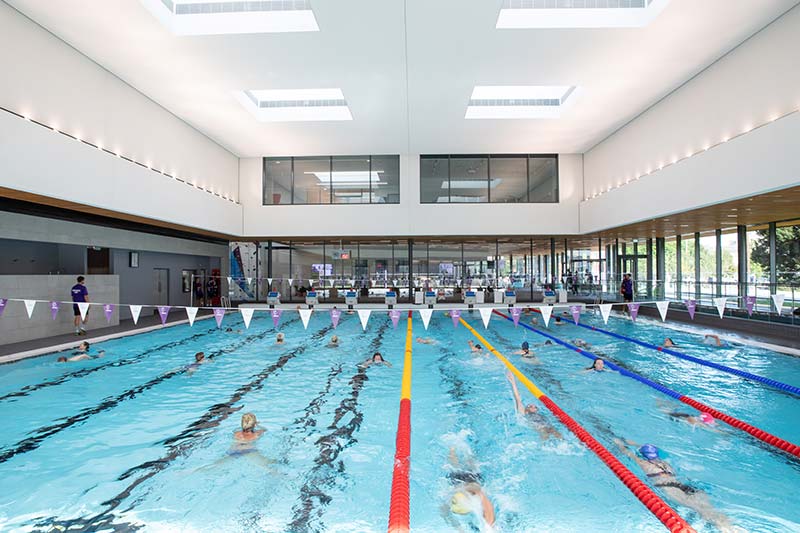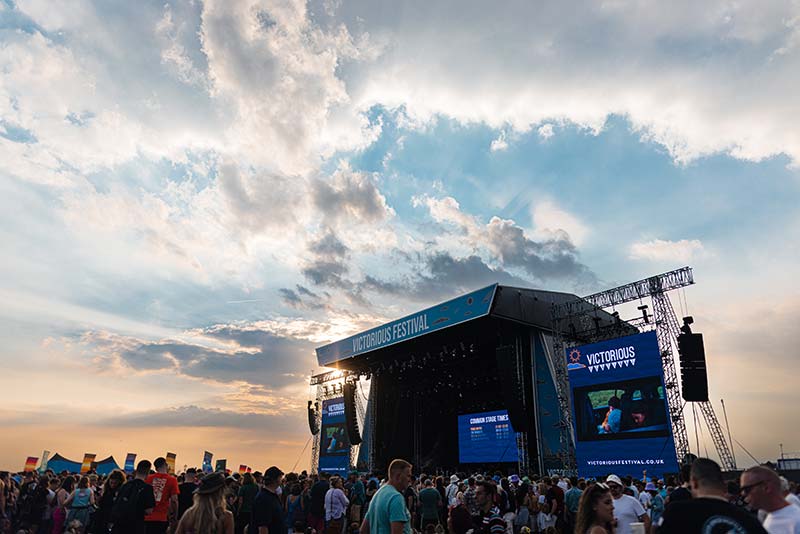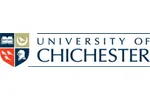Overview
Want to take your first steps on the path to becoming a British Psychological Society (BPS) Chartered Sport and Exercise Psychologist or Health and Care Professions Council (HCPC) Registered Practitioner Psychologist?
On this BSc (Hons) Sport and Exercise Psychology degree course – accredited by the BPS – you’ll use the latest equipment and techniques in our comprehensively equipped laboratories, and be taught by our team of BPS Chartered and HCPC Registered psychologists.
Course Highlights
- Use psychology and sports science facilities including a psychology laboratory (with interview room and media suite), biomechanics and kinanthropometry labs, and immersion pool and climatic chambers – for manipulating temperature, humidity and altitude
- Get your hands on specialist equipment like PLATO Liquid Crystal Spectacles and our ASL Mobile Eye System, which you can use to measure performance and get the most out of athletes
- Be taught by BPS Chartered and HCPC Registered psychologists who have extensive professional experience and access to the latest sport psychology research
Careers and opportunities
Sport and exercise psychologists help athletes, teams and amateur sportspeople deal with the mental demands of their sport. They work to improve the mindsets, behaviours and patterns of thinking that influence people involved in sport, while also aiming for progression in personal development and sporting performance.
On this BSc (Hons) Sport and Exercise Psychology, you'll learn how to apply psychological principles and theories to optimise the performance of athletes in the world of elite sport, and how to help the public reach their health, fitness and wellbeing goals.
When you complete the course, you'll be eligible to apply for Chartered Membership of the BPS on a graduate basis (GBC) – the first step to becoming a Chartered Sport and Exercise Psychologist or HCPC Registered Practitioner Psychologist.
To become Chartered, you'll also need to do further academic training for up to 5 years, including an MSc Sport and Exercise Psychology.
Roles you can do after the course include:
- sport and exercise psychologist (with further training)
- sport and exercise scientist
- management roles in national governing bodies
- teacher/lecturer
- researcher/scientist
- health promotion worker
Roles our previous graduates have gone on to work in, include:
- PE teacher
- personal trainer
- wellbeing access worker
- special educational needs and disabilities mentor
Ongoing career support – up to 5 years after you graduate
Get experience while you study, with support to find part-time jobs, volunteering opportunities, and work experience.
Towards the end of your degree and for up to five years after graduation, you’ll receive one-to-one support from our Graduate Recruitment Consultancy to help you find your perfect role.
















